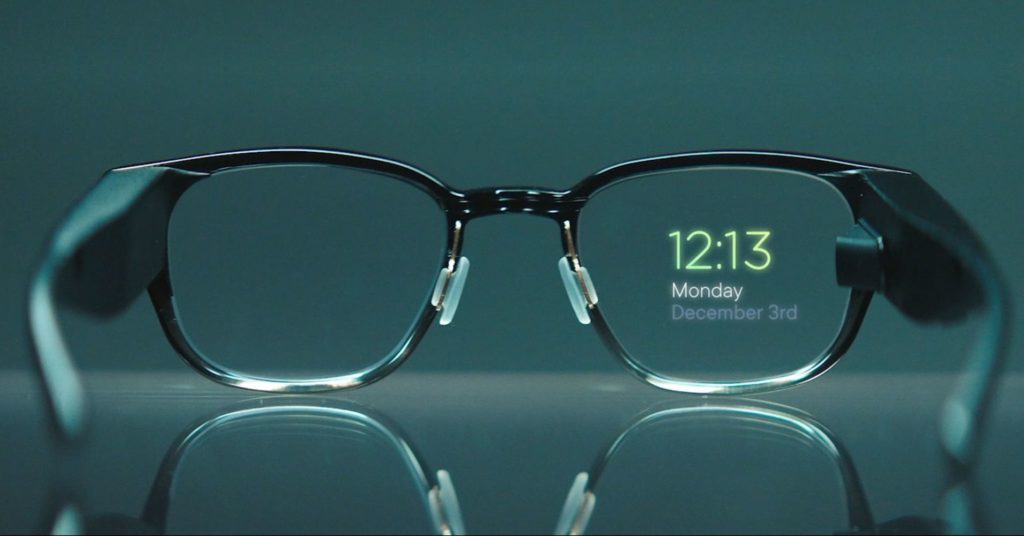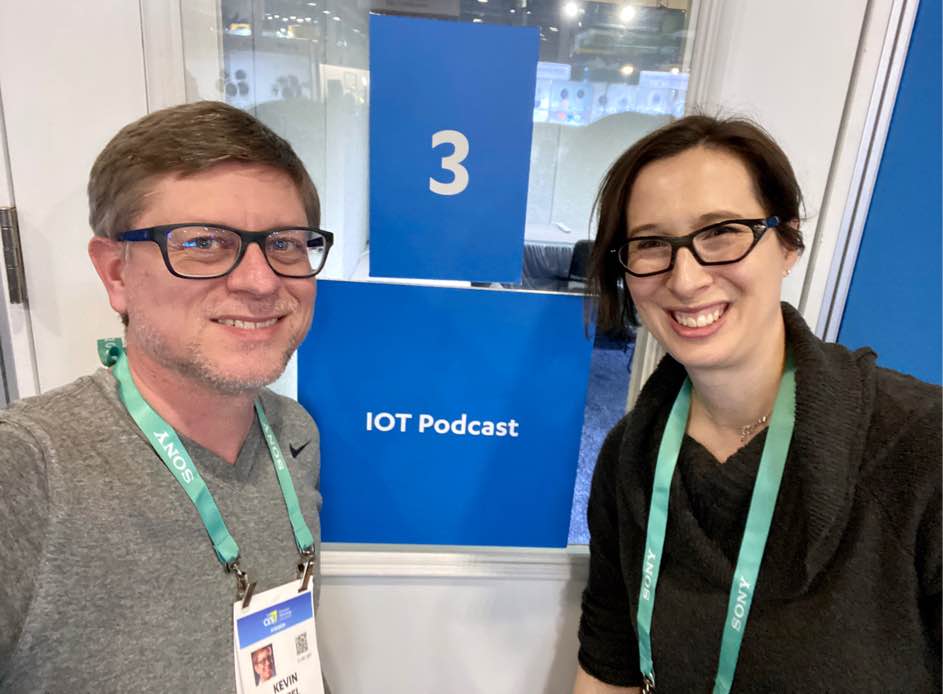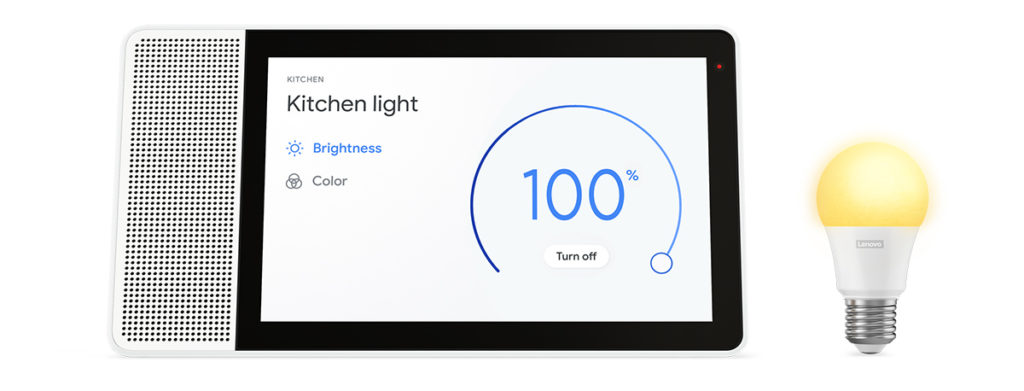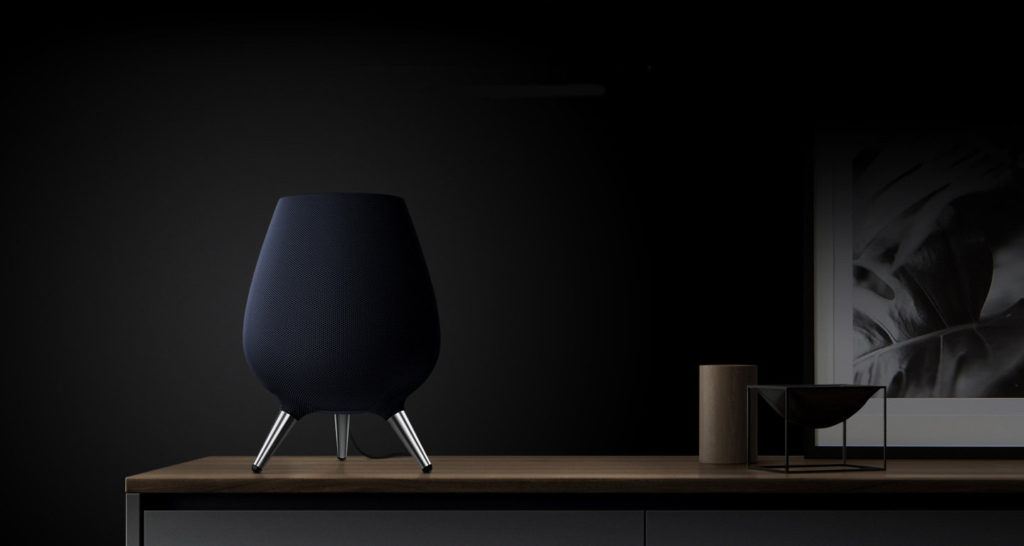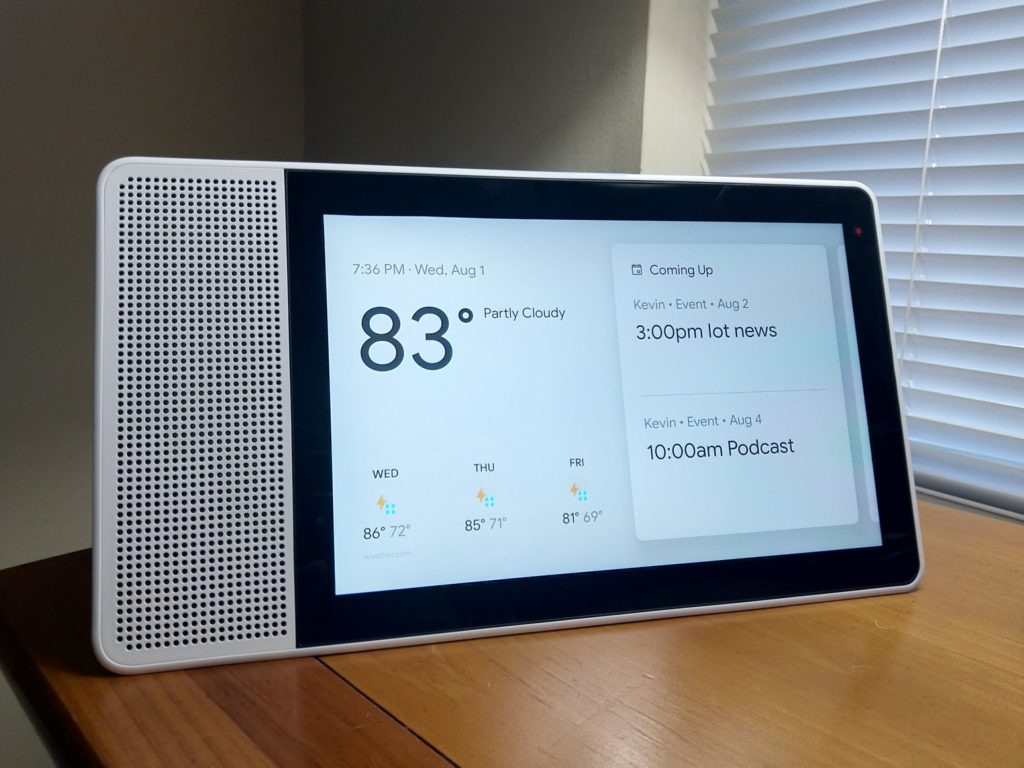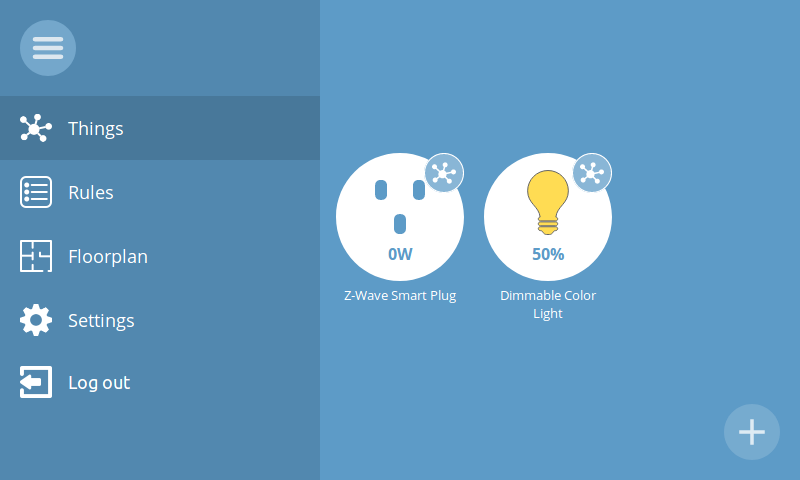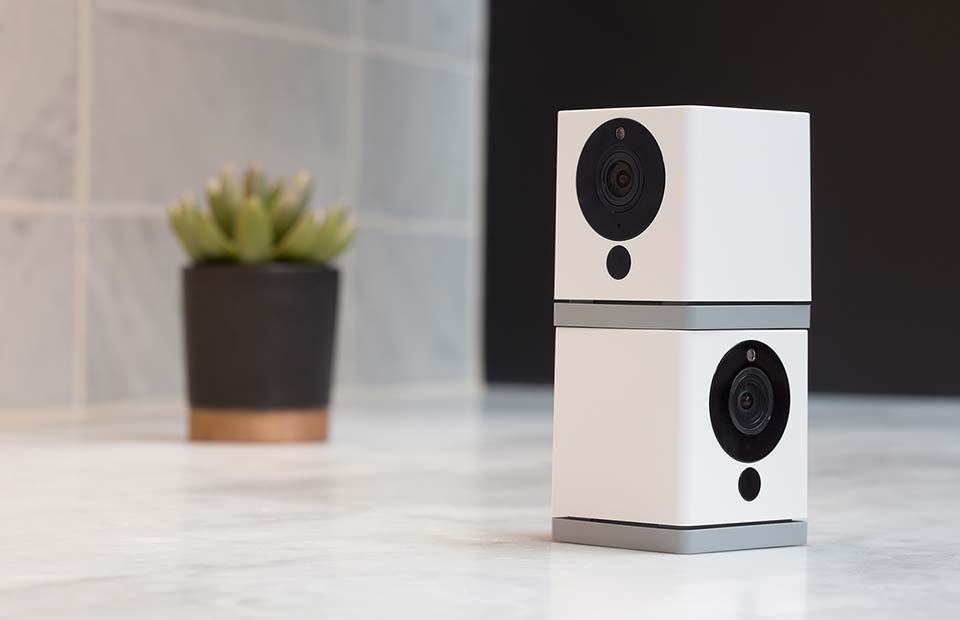On this week’s show, we talk about the Resideo purchase of smoke detector company First Alert for $593 million and why it makes sense. Then we focus on connectivity with an update on the Sigfox receivership and a look at the annual report from the LoRa Alliance covering the adoption of LoRaWAN networks around the world. For Raspberry Pi owners we have good news on the OS front and for people who want to load the Pi OS from the network. Then we talk about two government efforts to track potholes and beach trash using AI and sensors. On the chip front, the big news is that Nvidia has formally stepped back from its plan to acquire ARM, leaving ARM with nothing to do but plan a public offering. Also, Simon Segers has stepped down as the CEO of ARM and was replaced by Rene Haas, the president of ARM’s IP business. Meanwhile, Intel is embracing RISC-V, and we talk about why that matters. In smaller news, Netgear’s latest routers make it much easier to create a separate IoT network, Apple’s VR/AR glasses are real, and Samsung’s big event this week didn’t offer up any IoT news, but we did see the end of Bixby. We end by answering a listener question about using Matter in industrial settings.

Our guest this week is Yana Welinder, the CEO and co-founder of Kraftful. She joins us to discuss the new analytics software Kraftful has launched and to broadly discuss best practices for connected device apps. Unsurprisingly, getting a device connected quickly and easily is the most important consideration for most connected device makers, and she’ll discuss how to make that easy. But she also talks about when apps make sense compared with voice interfaces or automated routines. We end our conversation with her take on what the upcoming Matter smart home interoperability protocol might mean for her business and for consumers at large. Enjoy the show.
Hosts: Stacey Higginbotham and Kevin Togel
Guest: Yana Welinder, the CEO and co-founder of Kraftful
Sponsors: Rightpoint and Hologram
- Smoke detectors have a huge opportunity in the smart home
- Using sensors and computer vision to make cities better and beaches cleaner
- ARM’s next step should include a plan for RISC-V
- If your users can’t connect their device in 10 minutes, they’re gone
- Imagining a world where every product has an app is a nightmare
Podcast: Play in new window | Download | Embed
Subscribe: RSS

